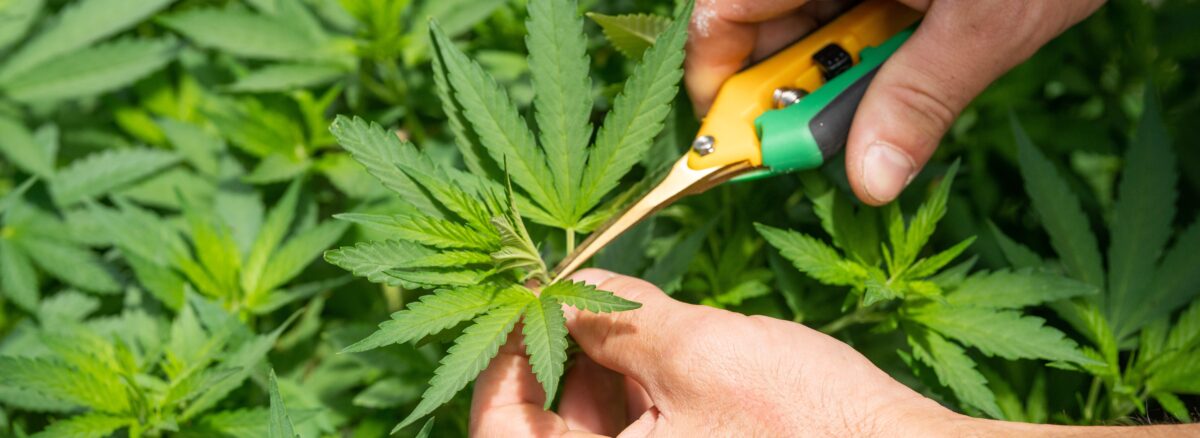In the realm of health and wellness, understanding the interactions between substances like THC (tetrahydrocannabinol) and medical conditions is crucial. One pressing question that often arises is whether THC shows up in a blood test for high blood pressure. In this blog post, we’ll dive into the science behind it, explore potential implications, and shed light on what individuals with high blood pressure should consider when it comes to THC consumption.
Understanding THC and High Blood Pressure
THC is the psychoactive compound found in marijuana that’s responsible for the “high” sensation. It interacts with the body’s endocannabinoid system, influencing various physiological functions. High blood pressure, or hypertension, occurs when the force of blood against the artery walls is consistently too high.
The Connection
Research suggests a complex relationship between THC and blood pressure. Some studies have indicated that THC may lead to a temporary increase in heart rate and blood pressure shortly after consumption. This effect is attributed to THC’s influence on the endocannabinoid system, which plays a role in regulating cardiovascular functions.
However, this doesn’t necessarily mean that THC directly causes chronic high blood pressure. Long-term studies exploring the effects of regular THC use on blood pressure are still underway, and results have been mixed.
Blood Tests and THC Detection
If you’re concerned about THC showing up in a blood test for high blood pressure, it’s important to understand how these tests work. Standard blood tests typically focus on specific markers related to cardiovascular health, such as cholesterol levels, blood glucose, and inflammation markers.
While THC can be detected in blood tests, it’s not a routine part of a standard blood panel for assessing blood pressure. Specific tests, like those conducted for drug screening, would be required to detect THC in your system.
Factors to Consider
- Frequency and Dosage: The frequency and dosage of THC consumption can significantly impact its presence in your bloodstream. Infrequent users are more likely to have lower levels of THC, while regular users may have higher concentrations.
- Metabolism: Each person’s metabolism is unique, affecting how quickly THC is processed and eliminated from the body. Factors like age, weight, and overall health play a role.
- Individual Variations: People can metabolize THC differently, which means detection times may vary from person to person.
- Legal Implications: It’s important to be aware of the legal status of marijuana in your jurisdiction, as well as the policies of your workplace or any organizations you’re affiliated with.
In conclusion, while THC can be detected in a blood test, it’s not a standard marker for assessing high blood pressure. However, it’s crucial for individuals with high blood pressure to be mindful of their THC consumption, especially if it seems to have an immediate impact on their cardiovascular health.
As research in this area continues, it’s advisable to consult with a healthcare professional who can provide personalized guidance based on your specific situation. Remember, open communication with your healthcare provider is key to making informed decisions about your health and wellness journey.

